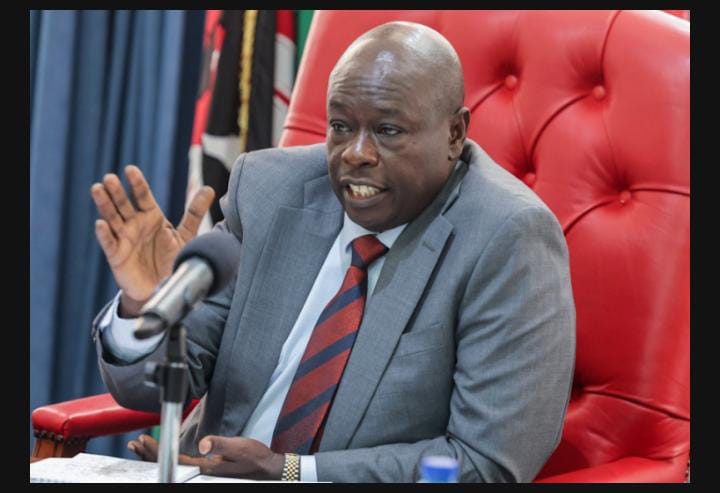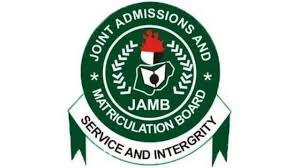
By Lisbeth Micheni, Kenya
The Kenyan government is set to link the Jua Kali sector with formal employment opportunities and business financing, Kenyan Deputy President, Rigathi Gachagua has said.
Gachagua announced this initiative as part of a broader effort to uplift and formalize the sector which he said plays a major role in Kenya’s economy.
The government’s new framework is built upon the Recognition of Prior Learning Policy (RPLP), launched in March 2023.
This policy aims to validate the skills and expertise of Jua Kali artisans through a structured certification process.
Artisans with proven experience can apply to designated Technical and Vocational Education Training (TVET) institutions for testing and certifications, that will attest to their competence in specific fields.
During a multi-agency meeting at his residence in Karen, Nairobi Deputy President Gachagua lauded the integration of Kenya’s informal industry with TVET colleges, calling it a strategic move to enhance the sector’s contribution to the economy.
“This initiative will not only provide better pay and job security for artisans but also help them transition into the formal economy,” Gachagua said.
He emphasized that addressing financial gaps forced by Jua Kali entrepreneurs is a priority, aiming to enable them to secure contracts that require substantial financing.
The deputy president’s remarks highlighted the transformative potential of RPLP, and the linkage program is vital for recognizing the artisans.
“The government plans to enhance participation in major national projects, including the Affordable Housing Program and market construction projects,” Gachagua said.
The linkage program, the National Industrial Training Authority (Nita), will play a key role by training TVET principals to access and certify the jut kali artisans.
Chief Executive Officer Nyamai Wambua of the Kenya National Federation of Jua Kali Association expressed his support for the initiative.
He applauded the government’s commitment to the inclusion of the jua kali sector in policy discussions and implementing measures that support their growth.
Diaspora Affairs Principal Secretary Roseline Njogu added that once the artisans are certified, they are to be incorporated into the Kazi Majuu Initiative which seeks to match Kenyan skills with international market demands.
Njogu stressed the importance of ensuring that the RPL certificates are recognized globally.
This comprehensive approach by the deputy president aligns with President William Ruto’s directive for contractors and developers involved in the Affordable Housing program and market projects to engage Jua Kali artisans in construction and supply roles.
categories
recent posts

NIGERIA: UTME Begins April 24 As JAMB Adjusts Schedule

NIGERIAN: Police Extradits Murder Of First-Class Student

NIGERIA: Peter Obi Meets Imprisoned Teen Supporter, Quadri, Vows To Sponsor His Education


